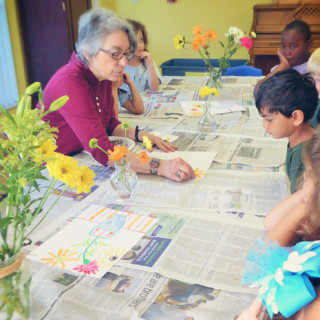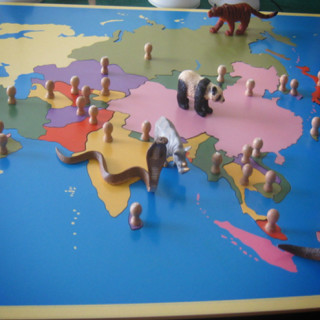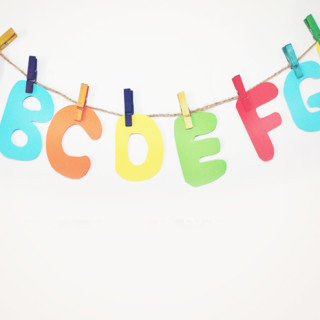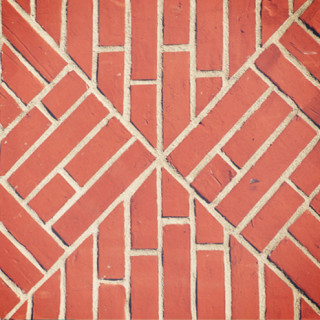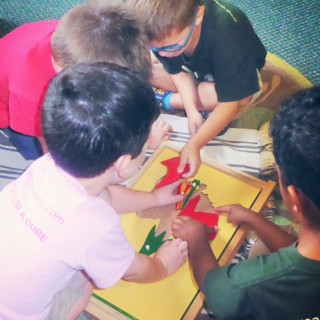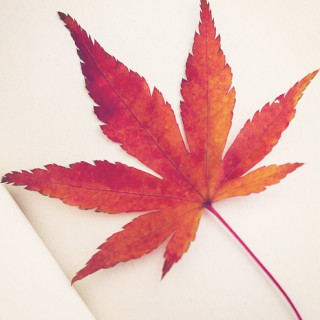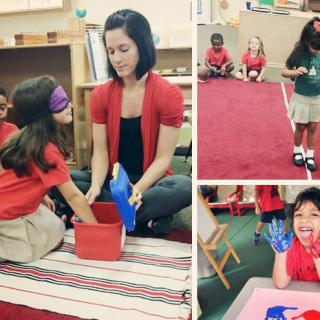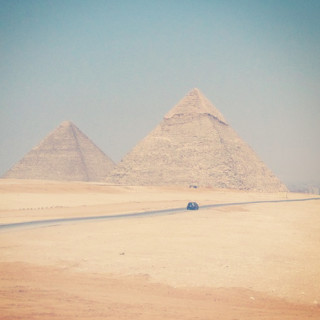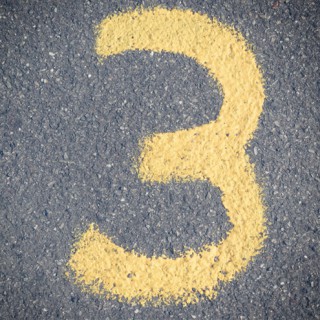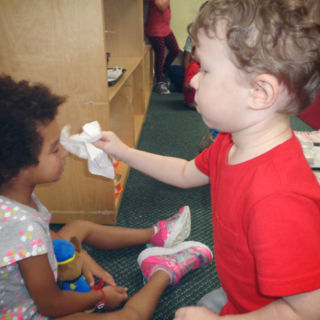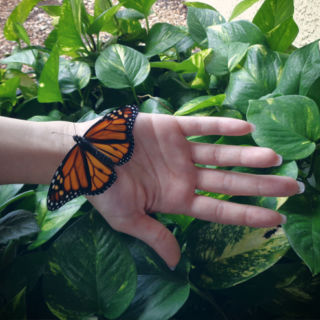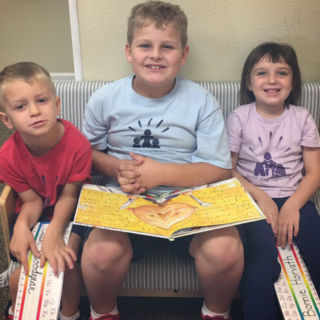Art in our Montessori classrooms is woven throughout the curriculum and is one of the many ways children express themselves; it is a way for children to communicate their feelings. Through art children develop their fine motor skills and build concentration. In our Montessori classrooms, we provide open-ended art activities that help children explore and…
The Work Cycle
The classroom “work cycle” … it is such a mundane name to refer to such a magical period of time in our children’s day. This extended uninterrupted period of time fosters independence and confidence. The work cycle is where children can choose their activities from what they have been presented, can join a small group…
Language Lessons in the Montessori Classroom
These lessons are specifically organized and conducted in a particular sequence that mirrors the acquisition of children’s knowledge. Lessons first flow from encoding symbols (letters). The phonetic sound rather than the letter name is emphasized. Then decoding of letter combinations (words) comes next. Advanced lessons for older children teach grammar and build vocabulary. You can give…
Montessori Teaching Principles
Montessori teachers are specifically trained in providing the right mix of support and freedom within limits, allowing each child to grow at their unique rate of development. The teacher functions as a role model, guide, demonstrator, and meticulous observer of each student’s behavior and growth. One important Montessori teaching strategy is called the three period lesson,…
Problem Solving
Maria Montessori is called a visionary for her method of education. While her philosophy was based upon observations of children a century ago, her approach is as applicable now more than ever before. Central to the rich learning environment is the collaborative community of multi-age learners exploring and experimenting together. They share ideas and knowledge…
Science in the Montessori Classroom
Our children are naturally curious about the world around them. They love studying astronomy, nature, ecology, physics, and chemistry. Our classrooms and playgrounds are full of hands on materials to let the children explore and ponder. The outdoor classroom contains pumpkin washing, leaf rubbing, and even an insect collection with a magnifying glass. Activities like…
Heightening the Senses
Today we presented lessons on the five senses. They best way to really put focus onto one sense is to mask the others. So today we teachers were brave. We blindfolded ourselves and sat, unable to see, and felt object from our sensory box. We modeled the lesson by verbally describing what we felt, without…
The Pyramids of Egypt
African studies this summer brought us to Egypt where we studied the great pyramids. The content of our lessons ranged from the limestone the pyramids are made from, to the traits of a cube, and also what is inside the great pyramids of Egypt. As an extension to our pyramid lessons, we gave the children…
The Montessori Work Cycle
Three is the magic number when it comes to a Montessori work cycle. Three hours of uninterrupted time for the child to explore, choose and fully engage in a lesson. To a traditional teacher a three hour child led work cycle is unsettling – maybe even risky as the child is fulfilling his own desires…
